
The Cancer Destroying LEAF That Doctors Aren’t Telling You About! Barbara O’Neill SECRET
Pharmaceutical Industry Criticism: A Closer Look at Cancer Treatment Approaches
Barbara O'Neill, a renowned advocate of natural health and holistic healing, has long voiced serious concerns about the pharmaceutical industry's conventional approach to cancer treatment. She argues that mainstream medicine often emphasizes symptom management over addressing the root causes of cancer, leading to incomplete or temporary solutions. In her lectures and writings, Barbara shines a light on the limitations of traditional treatments such as chemotherapy, radiation, and surgery, and advocates instead for a comprehensive, body-centered method of healing.
A compelling example she often shares is that of a woman who experienced a recurrence of cancer despite undergoing standard medical procedures. This case, Barbara notes, is a sobering reminder that the emotional, spiritual, and physical dimensions of healing are frequently overlooked in the conventional healthcare model. It also illustrates how merely targeting tumors without nurturing the whole person may not be enough to achieve lasting recovery.
Rising Global Cancer Rates: A Call for Deeper Understanding
Barbara’s critique becomes even more urgent in the context of the global rise in cancer rates. According to the Global Cancer Statistics Report 2024 from the American Cancer Society, the prevalence of cancer has escalated at an alarming rate across all continents. This trend points to the pressing need not only for effective treatment strategies but also for a more profound understanding of cancer’s underlying causes.
Barbara calls for a shift in perspective—from fighting cancer as a foreign enemy to examining the internal environment that allows cancer to flourish in the first place. This approach encourages prevention and healing, not just disease suppression.
Understanding the Internal Terrain: What Makes Cancer Thrive?
Central to Barbara O'Neill’s philosophy is the concept that cancer thrives in specific bodily conditions—conditions that are often created or worsened by modern lifestyle choices. She emphasizes three critical factors that provide a favorable environment for cancer cells:
-
High Glucose Levels: Cancer cells are known to consume glucose up to 15 times more than normal cells. This excessive sugar demand is essential for their rapid proliferation. Therefore, dietary strategies that reduce sugar intake are fundamental in starving cancer cells of their primary fuel.
-
Oxygen Deficiency: Drawing upon the Warburg effect—a theory named after Nobel laureate Dr. Otto Warburg—Barbara explains how cancer cells ferment glucose for energy even when oxygen is present. This inefficient energy production method allows cancer to survive in oxygen-deprived tissues where healthy cells might perish.
-
Acidic Environment: The metabolic byproducts of cancer, especially lactic acid, contribute to an acidic environment in the body. This acidity facilitates cancer growth and weakens the immune response. Barbara underscores the importance of maintaining an alkaline body pH through diet and lifestyle.
Olive Leaf Extract: Nature’s Powerful Cancer Ally
Among Barbara’s most advocated natural remedies is olive leaf extract, a lesser-known yet potent substance derived from olive tree leaves. Rich in polyphenols like oleuropein, this extract boasts antioxidant, antifungal, antiviral, and antimicrobial properties. She explains that olive leaf extract can disrupt angiogenesis—the formation of new blood vessels that tumors rely on for nourishment. By cutting off the tumor’s "supply chain," olive leaf extract may significantly inhibit tumor growth and spread.
Emerging research also suggests that olive leaf compounds can support immune function and reduce oxidative stress, both of which are vital in the body’s natural defense against cancer.
The Role of Diet in Cancer Prevention and Healing
Barbara firmly believes in the healing power of food. She encourages people to adopt an anti-cancer diet that supports the body's ability to detoxify, repair, and resist disease. Key dietary recommendations include:
-
Tomatoes and Olive Oil: Cooked tomatoes release lycopene, a potent antioxidant linked to reduced cancer risk, particularly prostate cancer. When combined with olive oil, lycopene absorption is significantly enhanced.
-
Legumes: Beans, lentils, and chickpeas are rich in plant-based proteins and fiber, with low glycemic impact. These foods help stabilize blood sugar, reducing the risk of feeding cancerous cells with excess glucose.
-
Lemons: Despite their acidic taste, lemons are alkaline-forming once metabolized. High in minerals and vitamin C, they support a more alkaline internal environment, potentially making the body less hospitable to cancer cells.
-
Dark Leafy Greens: Kale, spinach, chard, and arugula are rich in chlorophyll and antioxidants that aid in detoxification, reduce inflammation, and combat oxidative stress—all essential in cancer prevention.
-
Nuts and Seeds: Almonds, walnuts, chia, and pumpkin seeds contain healthy fats, amino acids, and vital minerals. They help balance pH and provide essential nutrients that promote overall wellness.
Foods to Avoid: Minimizing Cancer Risks Through Diet
Just as important as what to eat is knowing what to avoid. Barbara lists several food groups that may contribute to the development and progression of cancer:
-
Refined Sugar: Sugar not only spikes blood glucose but also contributes to acidosis and systemic inflammation—ideal conditions for cancer to thrive.
-
Hybrid Wheat: Modern wheat strains are often genetically modified and high in gluten, which can trigger inflammation and disrupt gut health.
-
Aged Cheese: These contain histamines and other compounds that may exacerbate inflammation and disrupt the body's pH balance.
-
Caffeine: While moderate coffee consumption may have some health benefits, excessive caffeine intake can contribute to acidity and may interfere with hormonal balance, a known factor in hormone-sensitive cancers.
Honoring Dr. Otto Warburg’s Legacy
Barbara often pays tribute to Dr. Otto Warburg, the German physiologist who, in 1946, discovered that cancer cells prefer environments low in oxygen and high in glucose. His findings were groundbreaking, yet have not been widely integrated into modern oncology. Barbara laments this oversight, emphasizing how Warburg's discoveries could pave the way for more effective, non-toxic cancer therapies focused on metabolic reprogramming.
Empowerment Through Knowledge and Natural Choices
A central theme in Barbara O’Neill’s message is personal empowerment. She urges individuals to take charge of their health by learning about the body’s innate healing abilities and making informed, natural choices. Rather than relying solely on pharmaceuticals, she promotes integrating natural remedies, nutrition, stress reduction, and detoxification to create an internal environment where cancer cannot thrive.
Barbara encourages people to question conventional narratives, seek out education, and recognize that healing is often more than just eliminating disease—it is about restoring balance to the whole person.
Conclusion: Shifting the Paradigm Toward Holistic Cancer Care
In conclusion, Barbara O'Neill champions a more holistic, patient-centered approach to cancer treatment—one that emphasizes prevention, education, and the healing potential of nature. By addressing the root causes of cancer and fostering a biological environment that discourages its growth, individuals may reduce their cancer risk or enhance recovery outcomes.
As cancer continues to impact millions worldwide, Barbara calls for a collective rethinking of how we approach disease—not as a battle to be won with chemicals, but as an opportunity to realign our bodies with the principles of nature and holistic health. Through increased awareness, healthier dietary choices, and respect for natural remedies, we can take meaningful steps toward reducing our dependence on pharmaceutical solutions and embracing a more empowered, proactive model of care.
News in the same category


10 Reasons Ramen Noodles Are Bad For You (and How to Make Them Healthy)

101-Year-Old Doctor Is Still Driving, Shares His 7 Tips For A Long Life
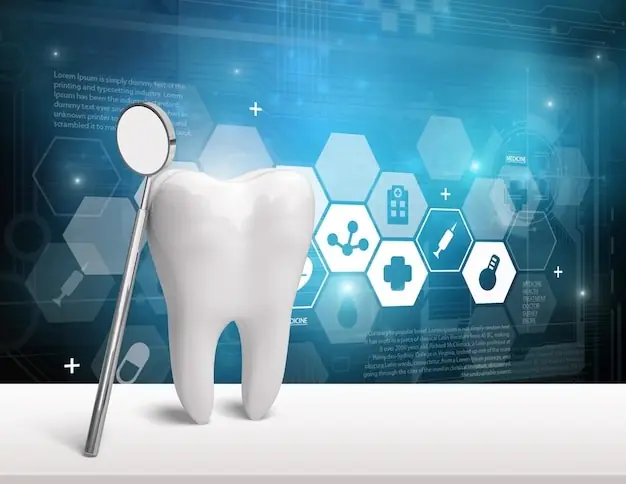
Lab-grown teeth might become an alternative to fillings following research breakthrough

15 Surprising Things Men Say Make Women Seem Older Than They Are
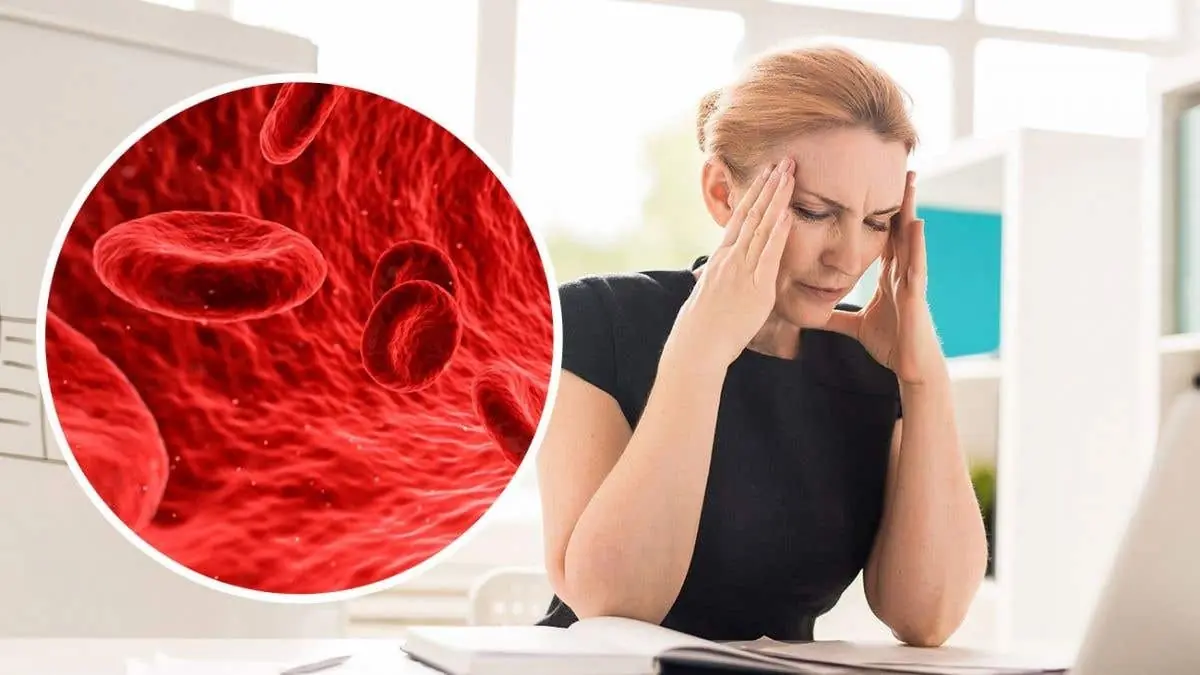
Study Finds People with Certain Blood Type Are Prone to Early Stroke
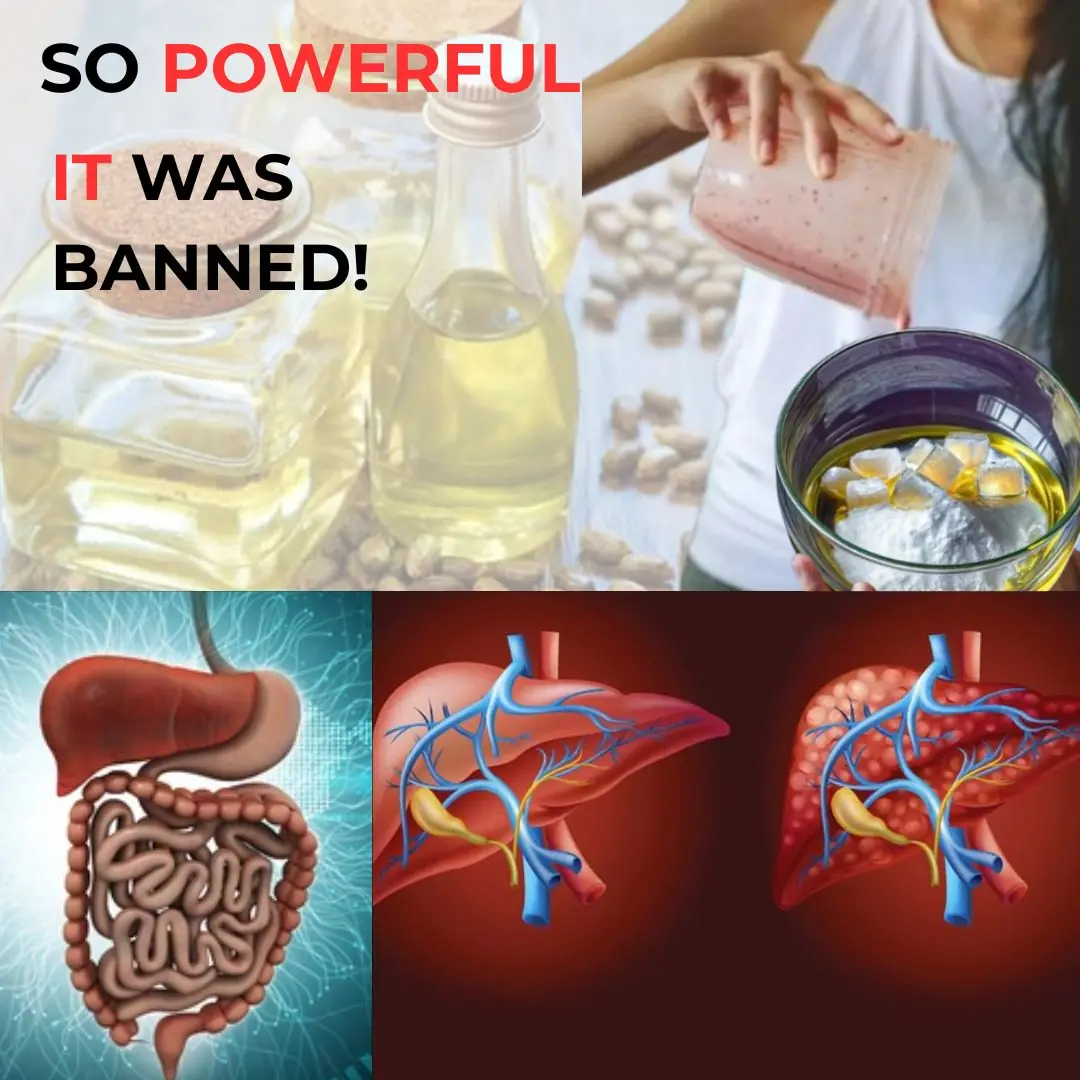
New Castor Oil, Celtic Salt & Baking Soda Detox Changes EVERYTHING! (Must Try!)

COVID-19 Surge Again: UK Health Officials Warn of Rising Infections
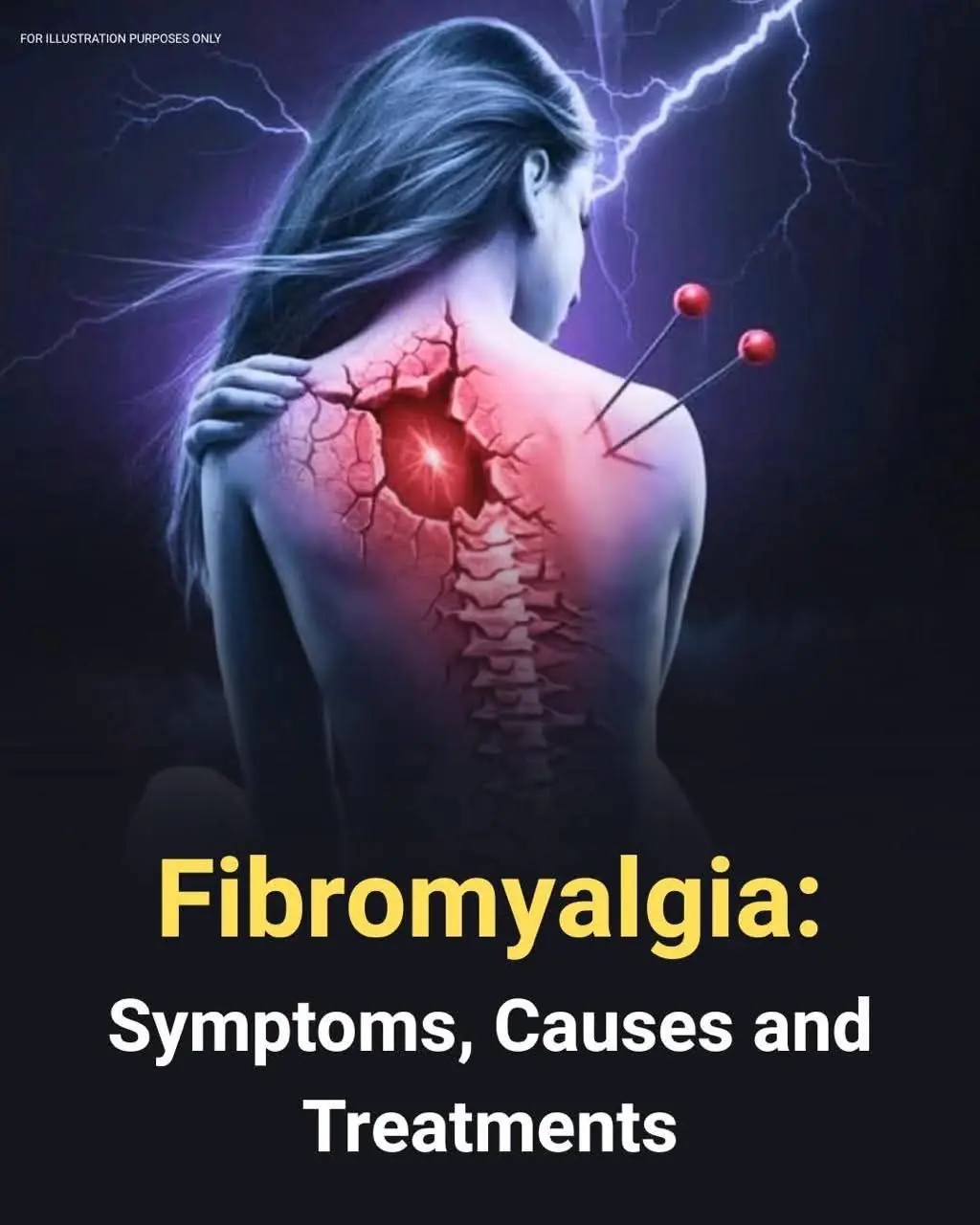
Fibromyalgia: Symptoms and 8 Natural Ways to Manage It
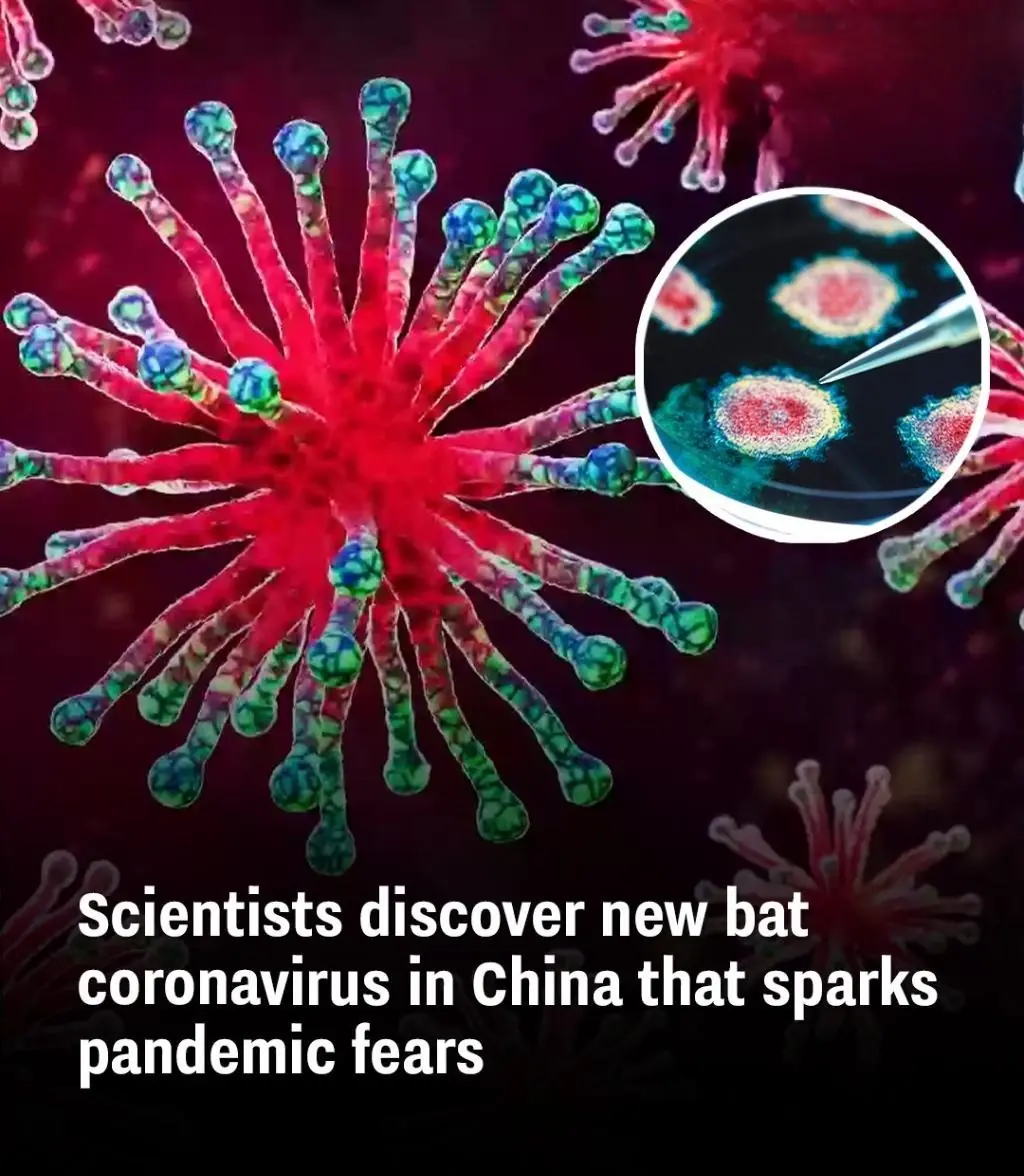
Scientists discover new bat coronavirus in China that sparks pandemic fears
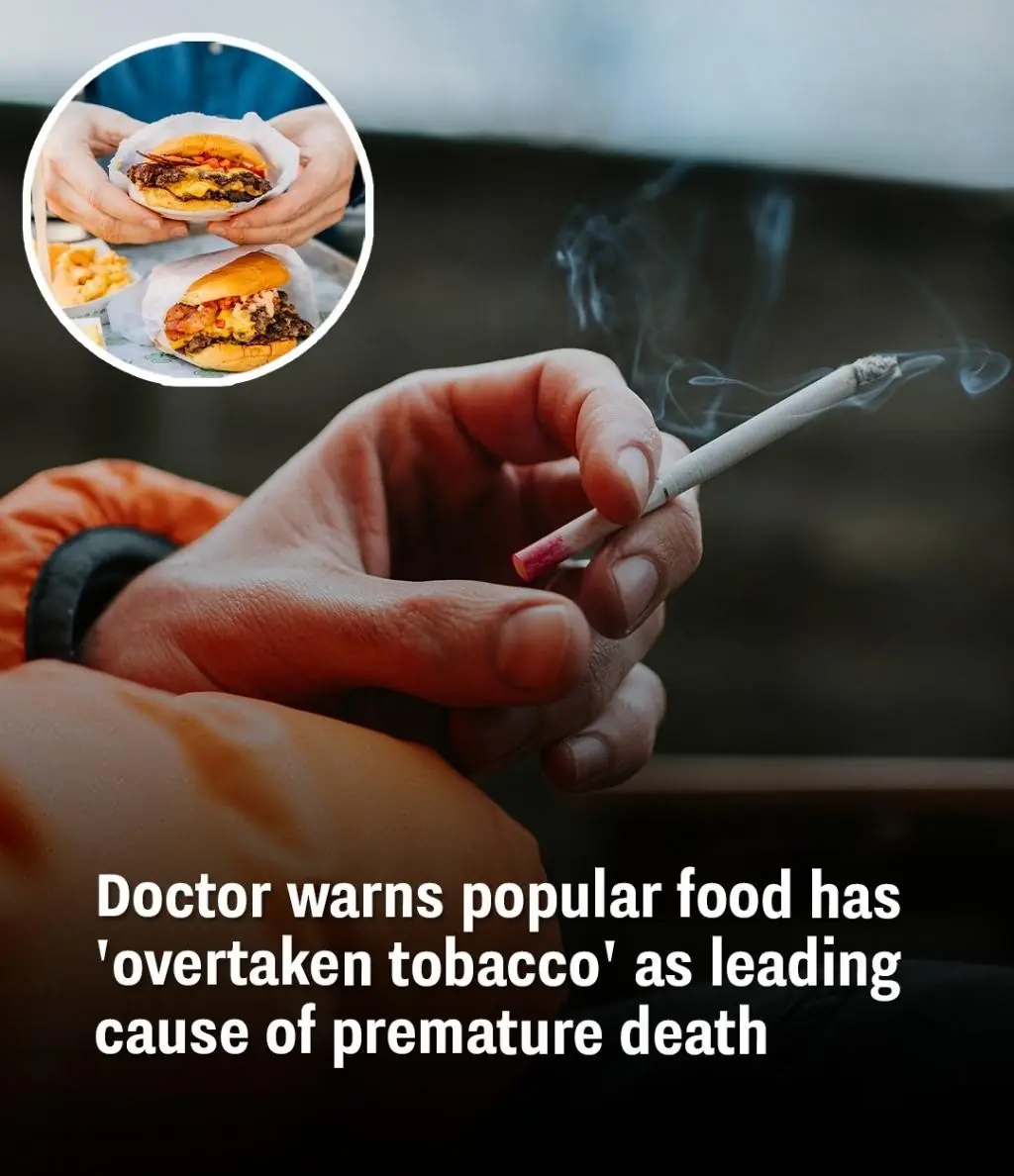
Doctor warns popular food has 'overtaken tobacco' as leading cause of premature death

Neuroscientist Shares Insights on Removing ‘Brain Waste’ to Combat Dementia

10 Surprising Turn-Offs Men Might Notice in Women Over 50
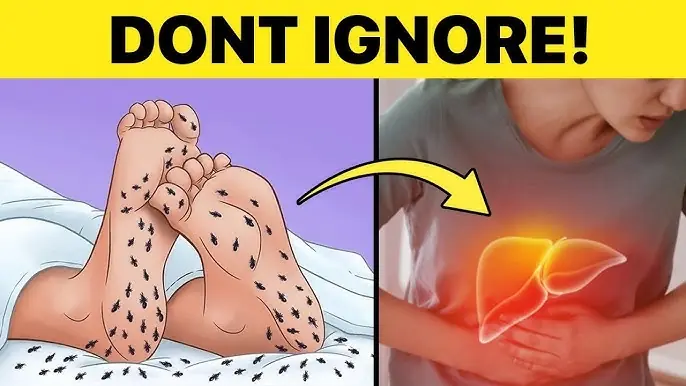
12 Ways Your Feet Are Warning You About Your Liver!

Diet and Uric Acid: Foods to Avoid for Gout Prevention

This Is What Happens To Your Body When You Smoke Weed And Work Out

The Hidden Meaning Behind Wearing an Ankle Bracelet—Most People Have No Idea
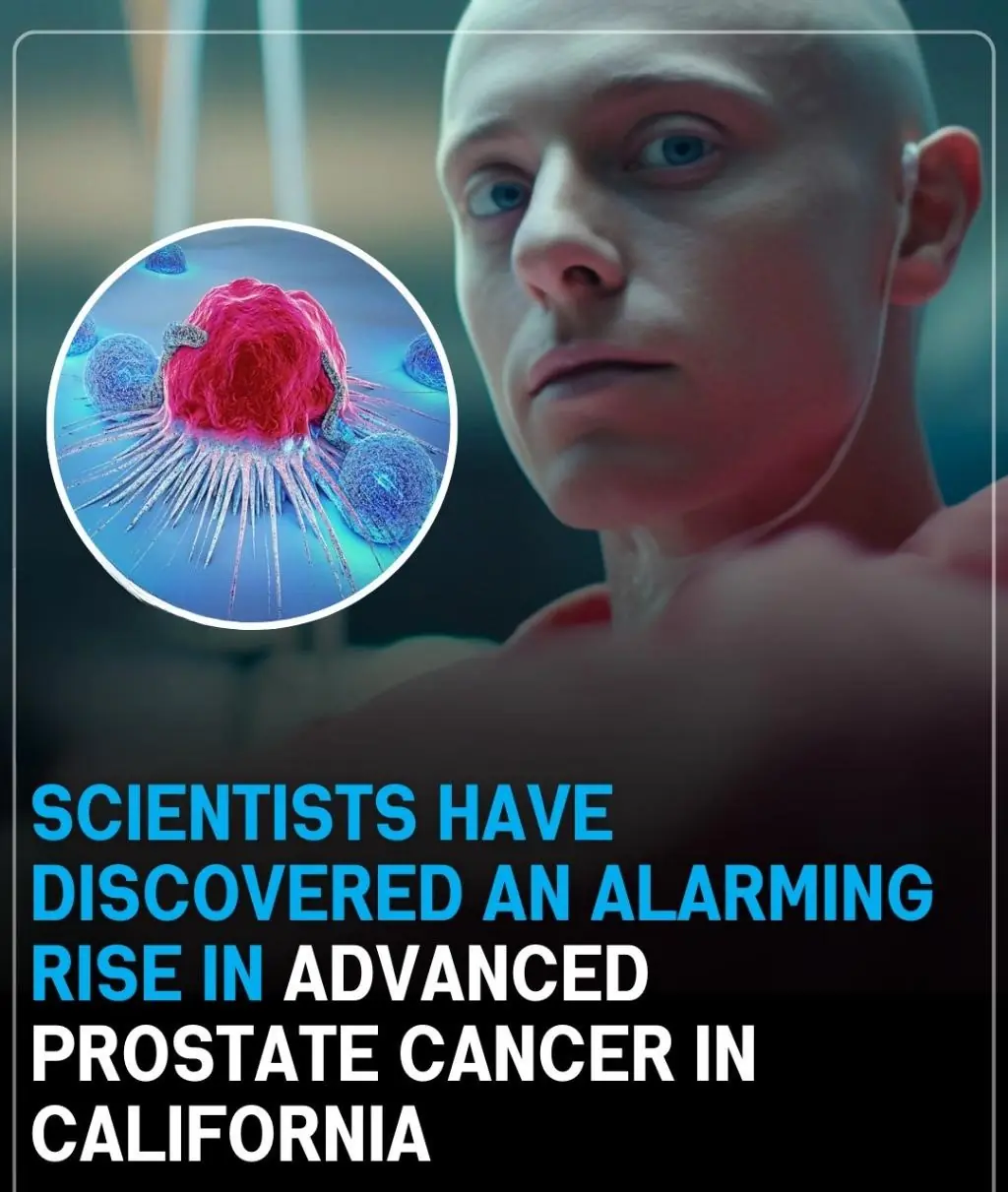
Scientists Have Discovered An Alarming Rise in Advanced Prostate Cancer in California
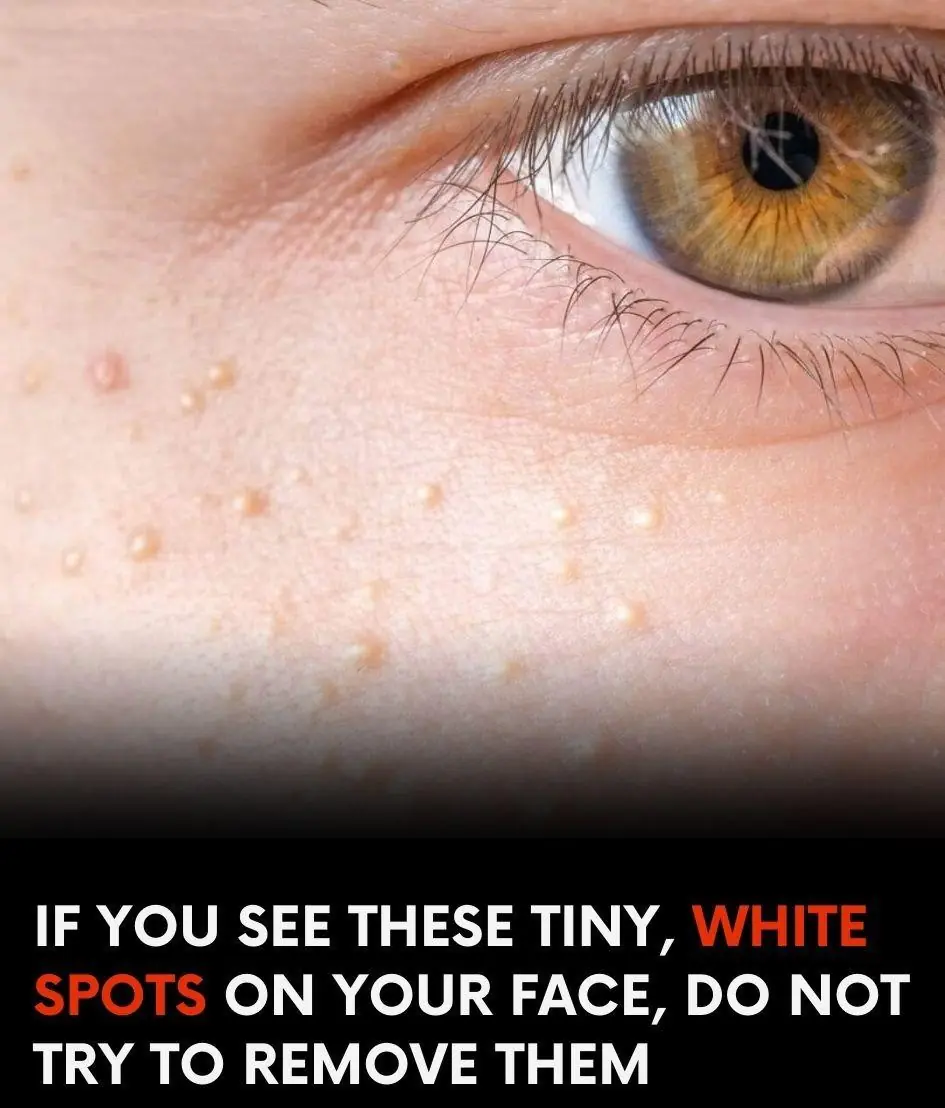
How to Safely Remove Milia
News Post

My Sister Inherited Everything, While My Father Left Me Only a Chessboard, But the Secret It Held Shocked Our Entire Family
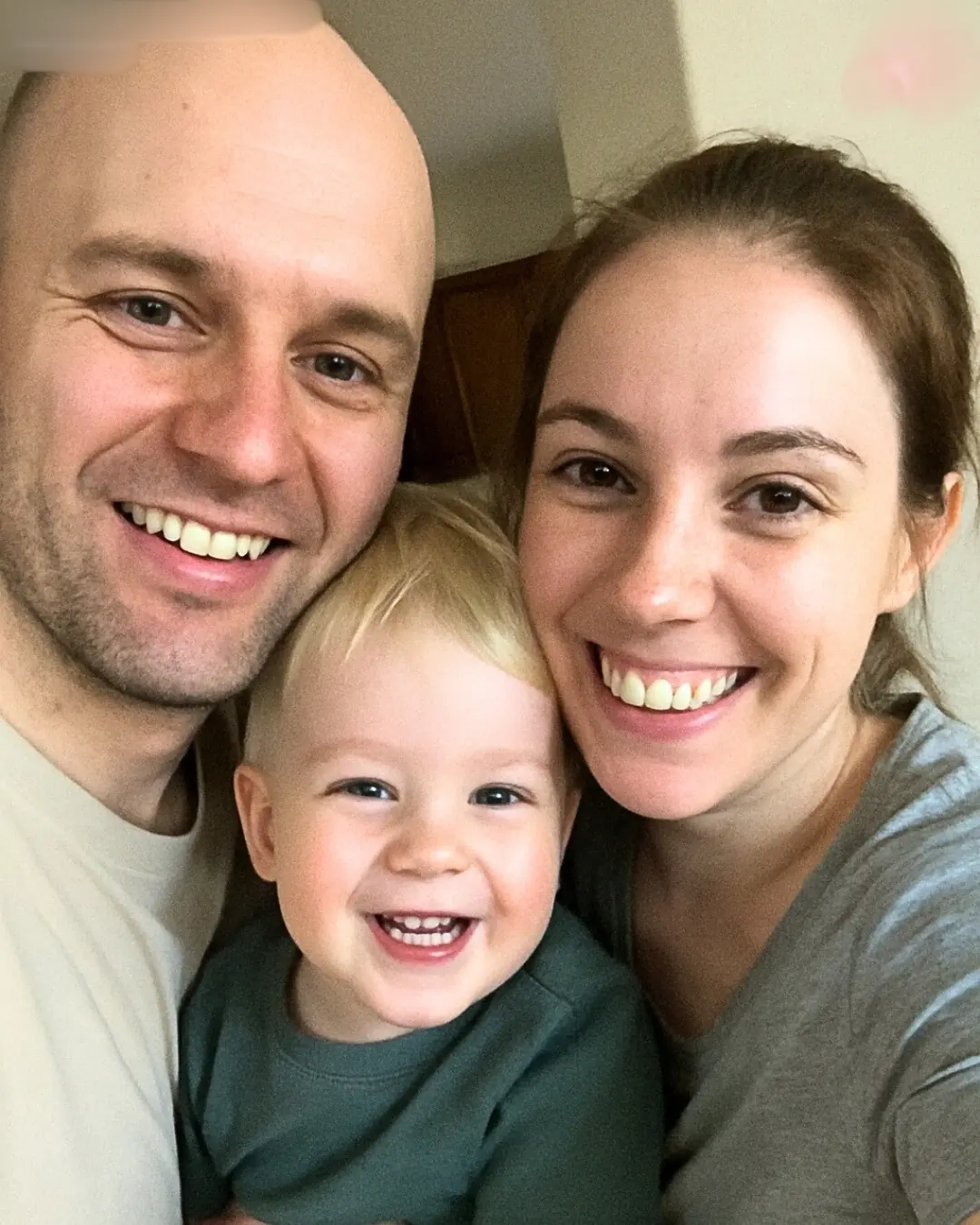
I Heard Our Baby Crying While I Was in the Shower & My Wife Was Watching TV – When I Entered His Room, I Screamed in Shock
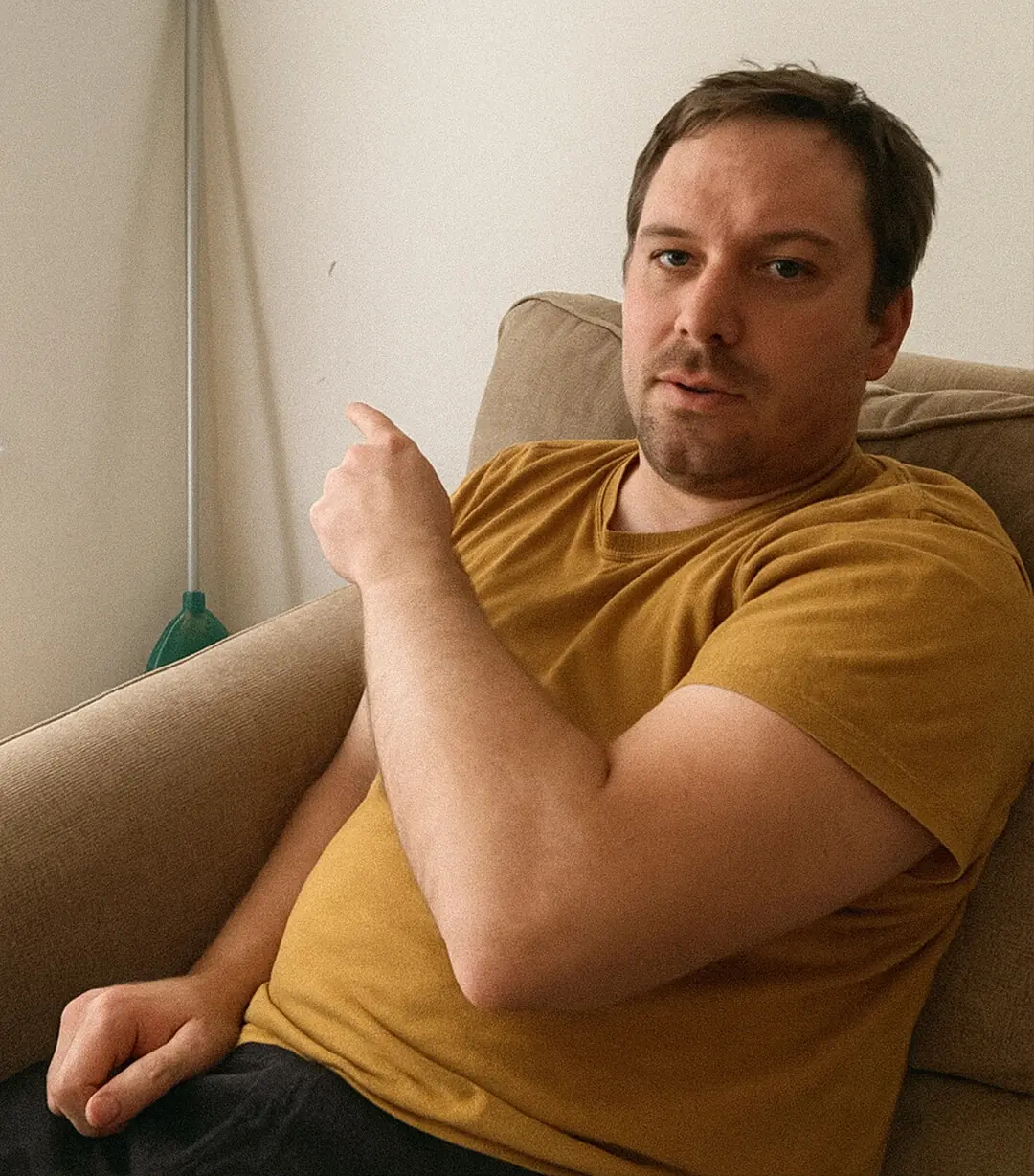
My Husband Refused to Replace Our Broken Vacuum and Said I Should Sweep Since I'm 'Just on Maternity Leave' — So I Taught Him a Lesson He'll Never Forget

My FIL Got Rid of My Beloved Flower Garden & Dug a Pool for Himself without Permission – But Karma Hit Him Back Harshly

I Came Home to Find My Kids Outside with Packed Bags — It Was the Hardest Day of My Life
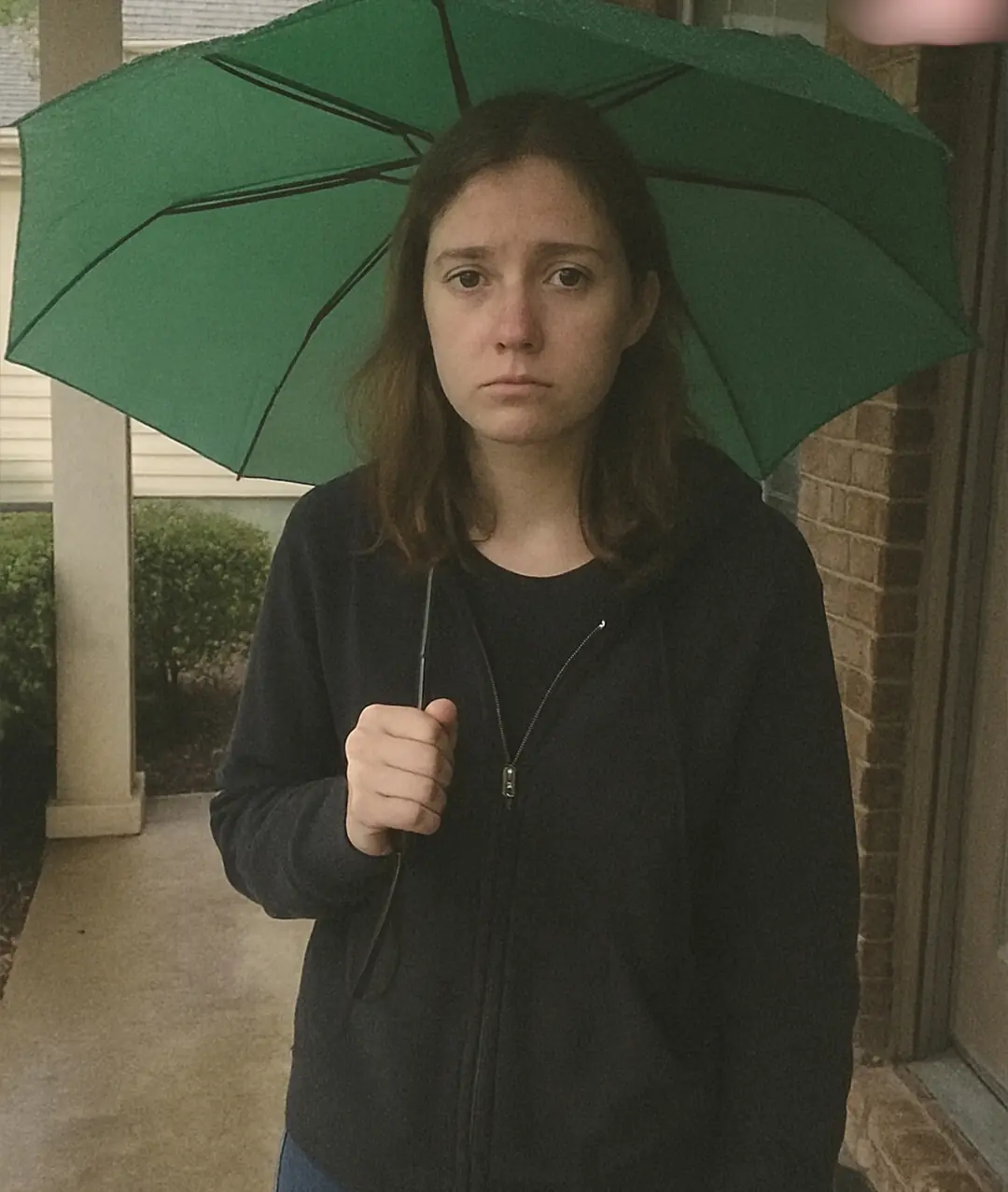
Greedy Brothers Mock Younger Sister Because She Only Inherited an Old Umbrella

My MIL Left Me Everything Instead of Her Own Children, But My Inheritance Came With a Trap
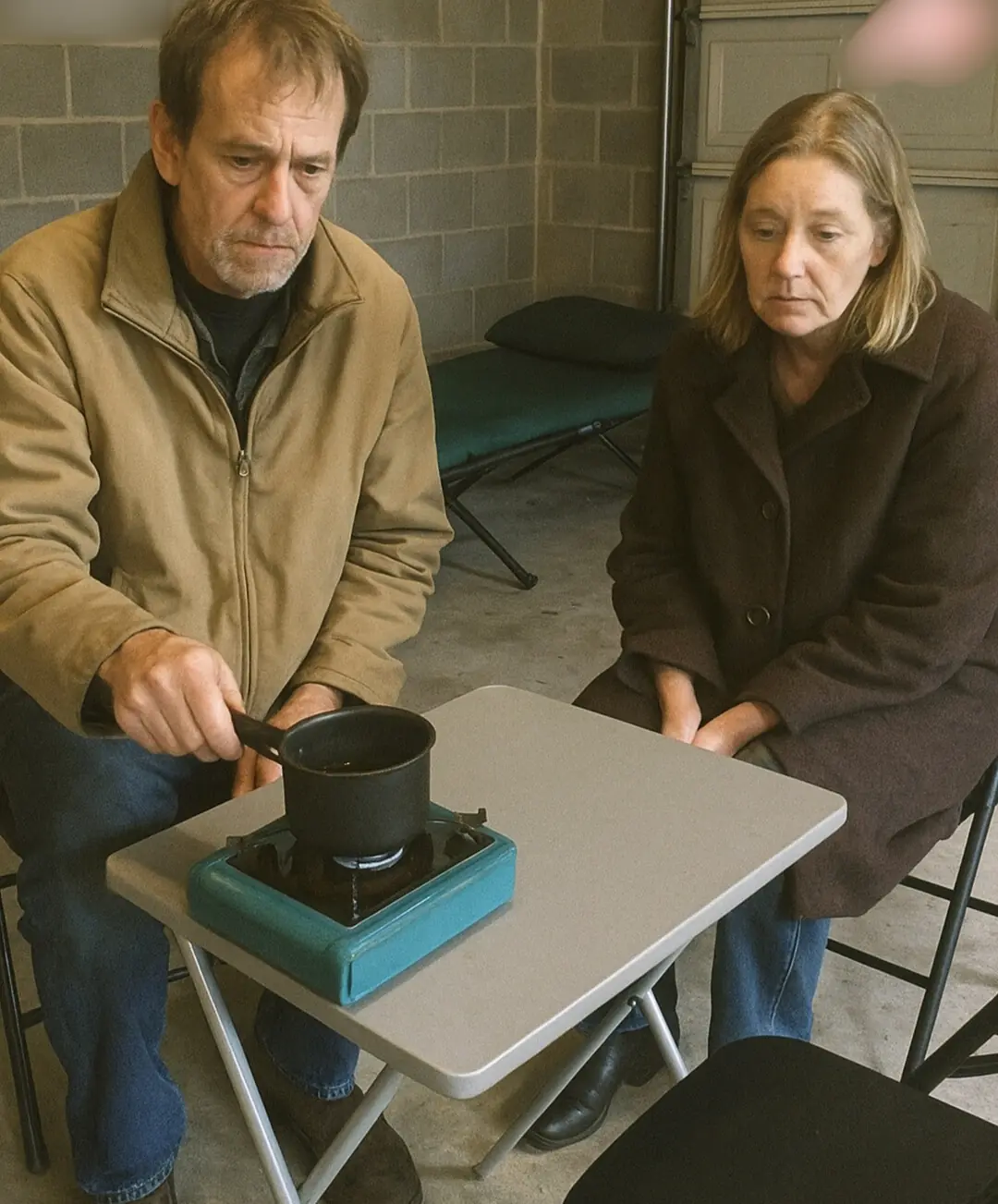
I Showed Up at My Parents' for Easter Only to Find Out My Older Sister Kicked Them Out and Made Them Live in Their Own Garage – It Was Her Biggest Mistake

My MIL 'Accidentally' Dropped My Daughter's Vacation Ticket Out the Window—But Karma Didn't Need My Help

While My Friend Was on a Trip, I Discovered Her Husband Was Cheating and Plotting to Steal Her House, but She Turned on Me Instead

Caution Over Vaping After Teen Develops ‘Popcorn Lung’ Linked to Chemical Exposure

10 Reasons Ramen Noodles Are Bad For You (and How to Make Them Healthy)

101-Year-Old Doctor Is Still Driving, Shares His 7 Tips For A Long Life
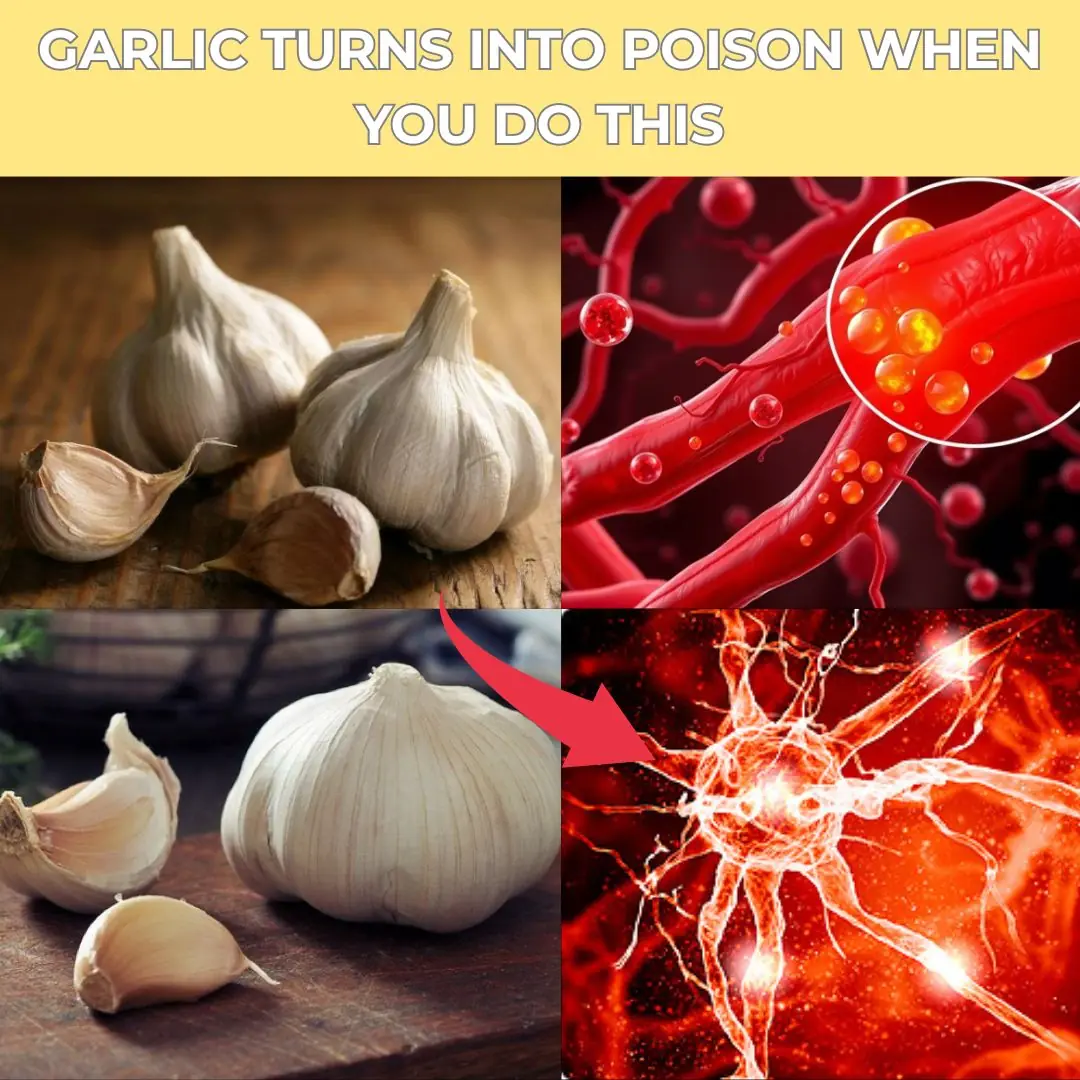
Garlic for Health: Avoid These 6 Common Mistakes

This ONE Lemon Hack Will Change Your Health!

Lab-grown teeth might become an alternative to fillings following research breakthrough

15 Surprising Things Men Say Make Women Seem Older Than They Are

I Set up a Hidden Camera in My Living Room to Catch My Husband Cheating — What I Found Out Instead Shattered Me

My Husband and Best Friend Had an Affair Behind My Back, Then My Mom Told Me to Give Them My Kids

